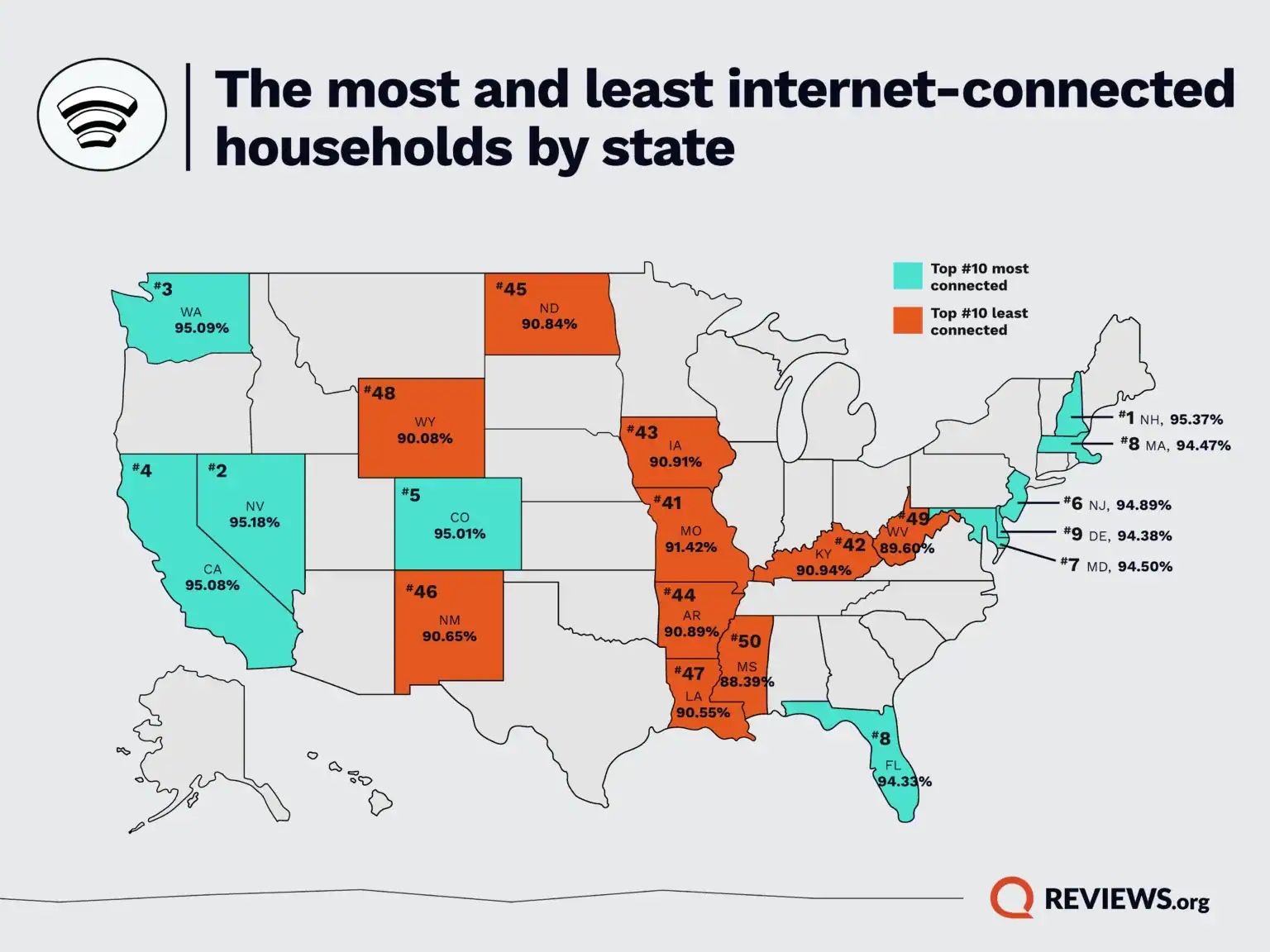ANN ARBOR – As concerns mount about possible Russian interference in U.S. elections, blockchain technology appears to be getting a second look at the ballot box. That is, electoral committees are viewing the blockchain as a way to ensure election integrity.
Blockchain voting use-cases continue to attract media attention, as countries and organizations explore the advantages a distributed ledger offers. These advantages – security, transparency, and efficiency – will inevitably promote greater confidence in elections worldwide. Here is how:
Security
Many elections still use a paper-based system, leaving open huge security holes that could contribute to fraud and corruption – even interference from nation-state backed hacktivists.
However, hacking a blockchain is nearly* impossible. And with newer blockchain technology set to be released soon, any external intrusion would be impossible. As it is, blockchain data exists in a decentralized state. As such, it’s far harder to manipulate than any data sitting in a centralized repository.
As a result, U.S. states are taking a closer look at blockchain technology. California, for instance, has earmarked $134.3 million to help its counties either install new voting systems or invest in new technologies such as blockchain.
Transparency
Blockchain technology also offers voters greater transparency. Given the anonymous nature of blockchain, votes can be followed, counted and correlated by many different sources while maintaining voter privacy.
As blockchain records are immutable, any vote cast would not be subject to deletion. Instead, auditors could confidently count and verify all votes. A blockchain voting system would also offer encrypted results, thereby encouraging transparency while maintaining privacy.
Efficiency
American elections are highly inefficient. Paper-based systems can take hours and sometimes day to count votes. Human and machine error – not to mention hanging chads – can also muddle voting results.
In contrast, a blockchain voting system offers immediate results. After the polls have closed, certifiable results would be known immediately. This immediacy would also take human error out of the equation.
Beyond Public Elections
The more you look at blockchain technology as a means to ensure voting integrity, the more other potential uses come to mind as well. Individual companies and organizations are particularly well-suited to reap such benefits.
For instance, tokens can be granted employees and stakeholders to provide voting rights. The more tokens issued to an employee, the more weight their votes could hold. Blockchain companies like Ethereum are already experimenting with this structure as a means to diversify power and control.
Blockchain technology can resolve the many problematic issues that still beset current voting systems. However, public confidence in blockchain technology is a vital prerequisite. Once such confidence is realized, implementation simply requires the political will to do so. Unfortunately, today’s highly divisive politics is making political consensus far more difficult and by extension, prospects for adoption as well.
Nonetheless, it’s fully conceivable that a blockchain voting system will be implemented in voting districts worldwide. Several countries are already experimenting with blockchain technology to store and track voting records. Expect to see this technology flourish as demands for greater security, transparency, and efficiency come to the fore.
XTRABYTES Unparalleled Security
XTRABYTES™ new Proof-of-Signature (PoSign) technology eliminates the risk of a 51 percent attack. Unlike similar technologies, PoSign does not rely upon block mining to add transaction records to its blockchain. By eliminating this, XTRABYTES has ensured that no miner or group of miners can take control of the blockchain (a 51% attack).
This protection flows from its fully decentralized node network. Comprised of 3584 ‘STATIC’ (Services, Transactions, and Trusted in Control) nodes, XTRABYTES™ issues transactions fees to STATIC node owners rather than to miners. Network security is dependent upon these STATIC nodes signing each transaction block (thus, the name Proof-of-Signature). A private virtual network interconnects these online STATIC nodes, creating VPN-like functionality for the nodes.
As it is truly ‘unhackable’, expect XTRABYTES technology to soon lead the way in ensuring voting security and election integrity.






[…] Source link […]